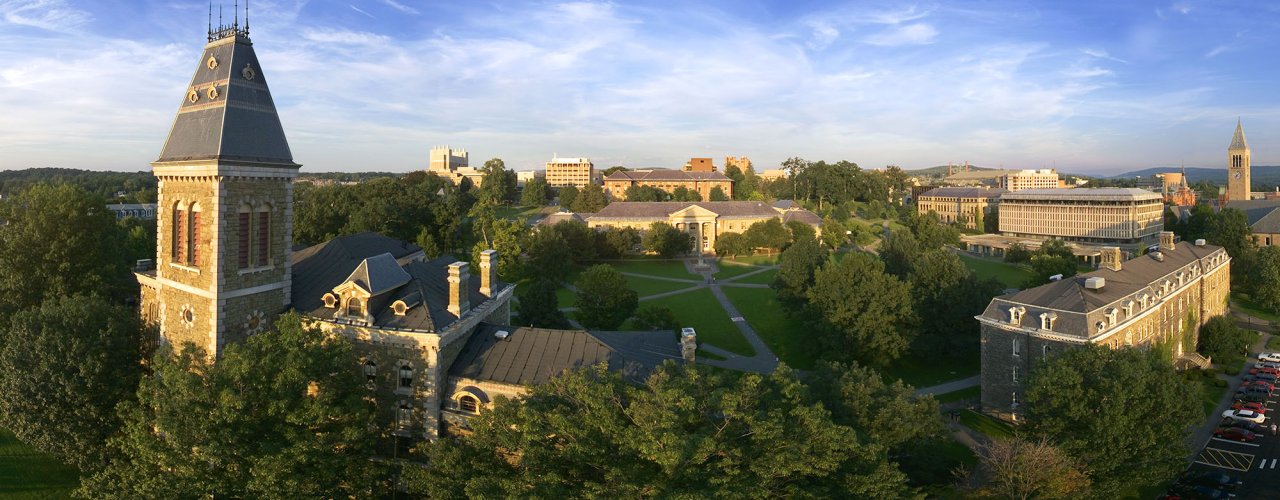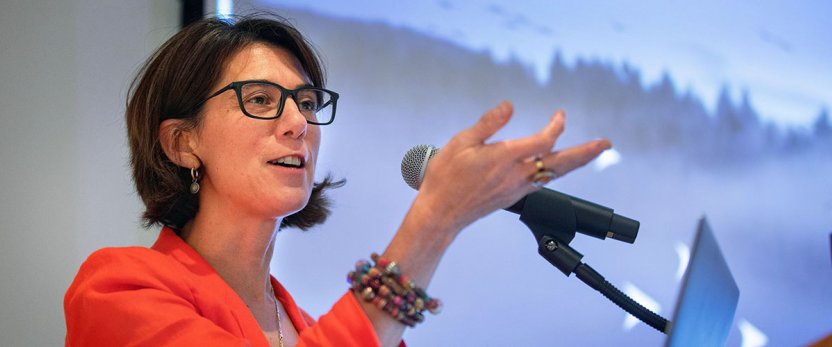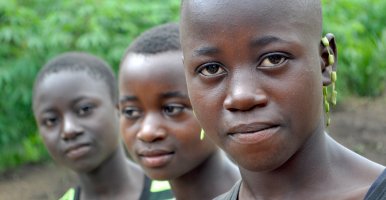About Global Cornell
Global Cornell is a community of belonging with a border-crossing spirit of exploration, learning, and shared discovery. Our internationally engaged units foster high-impact international research and collaborations, teach and mentor the next generation of global citizens, and support international experiences and cultural exchange for all Cornellians.
Leadership for Global Engagement
Office of the Vice Provost for International Affairs
The Office of the Vice Provost for International Affairs (OVPIA) provides strategic leadership for global engagement and internationalization at Cornell. The vice provost for international affairs oversees and manages Cornell's global partnerships and supports and facilitates global activities for colleges, faculty, staff, and students.
The vice provost chairs the university's International Travel and Response Team, international gift review committee, and the provost's working group on public and global activities.
Global Operations
A functional team based in OVPIA, Global Operations supports faculty, staff, and students with the logistical and operational resources they need to engage confidently worldwide in research, teaching, academic collaborations, consulting, travel, executive education, and more. Staff partner with experts across campus to answer questions and offer creative solutions for engaging internationally.
Collaborations and Agreements
Global Operations provides guidance and resources for faculty and college leadership in managing international collaborations and agreements. OVPIA maintains a database of international collaborative agreements across all units.
Expanding Cornell's Global Footprint
Global Hubs
Cornell Global Hubs are Cornell's centers for interdisciplinary collaboration in locations worldwide. Global Hubs bring together faculty, students, alumni, the public and private sectors, and local communities for broad-reaching partnerships that combine research, learning, and engagement. No two Hubs are identical, but they all share Cornell's academic distinction, educational verve, and civic responsibility. Learn more about Hubs.
Part of Global Cornell
Global Research and Public Engagement
Mario Einaudi Center for International Studies
The Einaudi Center fosters international research and collaboration, provides world-class graduate and undergraduate training in international studies, and supports educators as they bring the world into their classrooms. The center has six vibrant area studies programs and thematic programs in peace studies, migration, and comparative Muslim cultures.
Global Grand Challenges
Global Grand Challenges bring together Cornell's world-class strengths—vision, expertise, people, and resources—in a multiyear focus to understand humanity's most urgent challenges and create real-world solutions. The first Global Grand Challenge: Migrations studied how all living things migrate. For Cornell's second Global Grand Challenge, the challenge is to think rigorously about the future—and to see it as a means, not an end.
International Mobility: Office of Global Learning
Education Abroad
The Office of Global Learning's Education Abroad team supports study abroad for all Cornell undergraduates, including student opportunities at Global Hubs and global learning programs worldwide. Are you ready to find your place in the world?
International Services
The Office of Global Learning's International Services team advises Cornell's international community on visas and jobs, settling into Ithaca, campus resources, and more. International Services helps international students, faculty, and staff from more than 130 countries thrive at Cornell.








